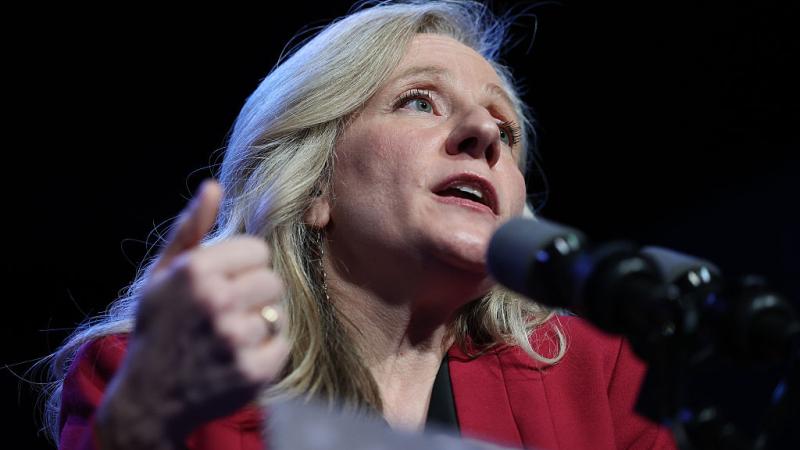Federal appeals court upholds Maine cable law requiring customer refunds
Charter Communications argued 2019 law requiring them to refund customers for canceling service preempted federal laws.
A federal appeals court has restored a recently enacted Maine law requiring cable companies to refund customers who cancel their service.
The ruling by the 1st Circuit Court of Appeals in Boston upholds a previous U.S. District Court rejecting a complaint from Charter Communications which had argued that the 2019 Maine law requiring them to refund customers for canceling service preempted federal laws governing cable communications.
But the appeals panel disagreed and sided with the lower court’s ruling. In the 39-page ruling, justices wrote that the Maine law "is not a law governing 'rates for the provision of cable service' but rather governs a period after the provision of cable service and is a 'consumer protection law' that is not preempted.”
Maine Attorney General Aaron Frey praised the ruling but criticized the cable operators for forcing the state into a court fight over the new law.
“It is unfortunate that this law was even necessary, and I was disappointed that one cable company chose to challenge the law in federal court instead of simply doing right by its customers,” Frey said in a statement.
The ruling is the latest development in court battles over Maine’s new cable laws approved by the Legislature in 2019 and signed by Gov. Janet Mills.
In February, the 1st Circuit struck down Maine’s "a la carte" law requiring cable operators to give customers the option of subscribing to individual channels.
Maine passed the law in 2019, which requires cable operators to offer subscribers the option of buying programs and channels individually, rather than bundled together in a channel or package of channels. Lawmakers passed the measure in response to rising cable bills, seeking to give consumers options besides costly bundled services.
In court filings, Comcast and other cable operators argued they would have had to spend large sums of money overhauling ordering, distribution and billing systems to comply with the law.
But the appeals court in August upheld another Maine law that requires cable operators to offer local PEG channels in high definition and located adjacent to the local channels in a lower tier in the line-up, among other changes.
The Internet & Television Association, or NCTA, a trade group that represents the state's cable providers, sued to block the law shortly after it was approved.
Lawmakers who backed the measure accused cable companies of marginalizing local cable stations, putting them in a higher, less visible tier in their lineups – jokingly referred to as "digital Siberia" – and for not listing their content in guides.













